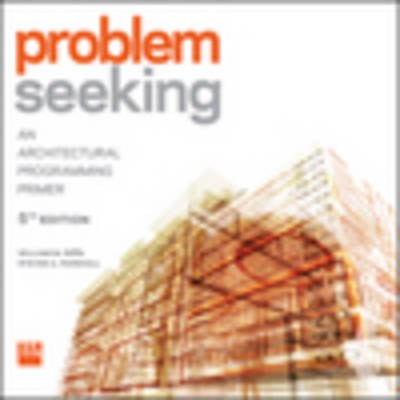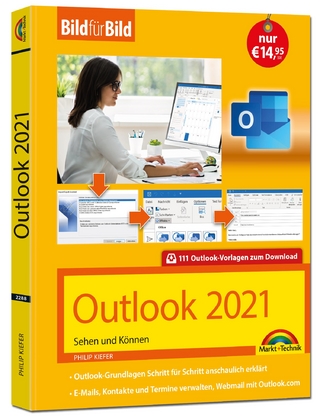
Problem Seeking
John Wiley & Sons Inc (Verlag)
978-1-118-08414-4 (ISBN)
The classic programming guide for architects and clients¿¿—fully updated and revised Architectural programming is a team effort that requires close cooperation between architects and their clients. Problem Seeking, Fifth Edition lays out a five-step procedure that teams can follow when programming any building or series of buildings, from a small house to a hospital complex. This simple yet comprehensive process encompasses the entire range of factors that influence the design of buildings.
This Fifth Edition of the only programming guide appropriate for both architect and client features new information related to BIM, integrated practice, and sustainable design when programming. Supplemented with more than 120 illustrations and diagrams updated for this edition, this indispensable resource provides revised technical information and faster, easier access to explanations, examples, and tools, including:
Guidance on incorporating the latest technological tools when programming
A primer on discounted cash flow analysis and net present value analysis
Project statement examples organized by project phase and building type
Useful techniques for data management, functional relationship analysis, and more
William M. Peña, FAIA, a retired partner of Caudill Rowlett Scott, is often referred to as the "father" of architectural programming, having spent more than fifty years developing, refining, and explaining the programming process. Steven A. Parshall, FAIA, is a Senior Vice President of HOK, Inc. and Director of Programing.He has been lead programmer on more than 250 major international building projects
Foreword vii
Preface ix
Acknowledgments xi
Part One Problem Seeking an Architectural Programming Primer 1
Overview 2
The Primer 2
The Search 4
Programmers and Designers 6
Analysis and Synthesis 8
The Separation 10
The Interface 12
Process 14
Five Steps 14
Procedure 16
Considerations 18
The Whole Problem 18
Four Considerations 20
Framework 22
Information 24
Information Index Matrix 26
Organizing Information 28
Two-Phase Process 30
Data Clog 32
Processing and Discarding 34
Participation 36
User on Team 36
Effective Group Action 38
Team 40
Participatory Process 42
Background Information 43
Decision Making 44
Communication 46
Steps 48
Establish Goals 48
Collect and Analyze Facts 50
Uncover and Test Concepts 52
Determine Needs 66
Cost Estimate Analysis 68
Abstract to the Essence 70
State the Problem 72
Summary 74
Programming Principles 74
Part Two How to Use the Method 77
Introduction 78
Definitions and Examples 78
On Theory and Process 80
On Considerations 85
On Goals 85
On Facts 89
On Concepts 90
On Needs 96
On Problem Statements 124
Programming Procedures 146
Establish Goals 146
Collect and Analyze Facts 148
Uncover and Test Concepts 150
Determine Needs 152
State the Problem 153
Programming Activities 154
Typical Programming Activities 154
Four Degrees of Sophistication 164
Variable Conditions 168
How to Simplify Design Problems 170
Useful Techniques 172
Data Management 173
Questionnaires184
Interviews and Work Sessions 194
Audio- and Videoconferencing 206
Functional Relationship Analysis 208
Gaming and Simulation 210
Space Lists 216
Program Development 222
Brown Sheets and Visualization 231
Analysis Cards and Wall Displays 236
Electronic White Boards and Flip Charts 246
Electronic Presentations 253
Programming Reports 255
Program Evaluation 256
Building Evaluation 260
Selected Bibliography 265
Index 267
About The Authors 273
| Erscheint lt. Verlag | 6.3.2012 |
|---|---|
| Zusatzinfo | Charts: 35 B&W, 0 Color; Photos: 25 B&W, 0 Color; Drawings: 75 B&W, 0 Color; Graphs: 0 B&W, 0 Color |
| Verlagsort | New York |
| Sprache | englisch |
| Maße | 216 x 216 mm |
| Gewicht | 431 g |
| Themenwelt | Informatik ► Office Programme ► Outlook |
| Technik ► Architektur | |
| ISBN-10 | 1-118-08414-4 / 1118084144 |
| ISBN-13 | 978-1-118-08414-4 / 9781118084144 |
| Zustand | Neuware |
| Haben Sie eine Frage zum Produkt? |
aus dem Bereich


